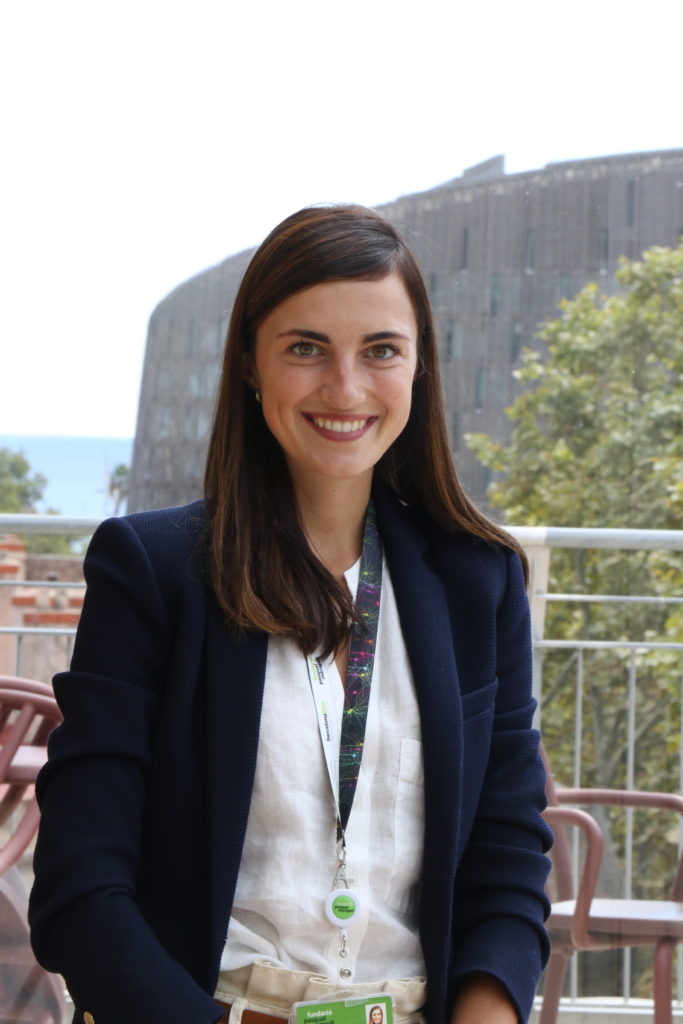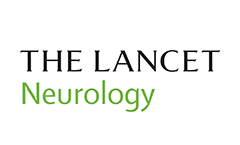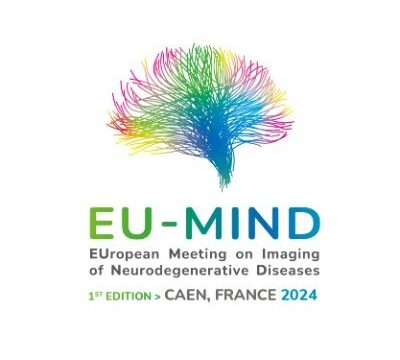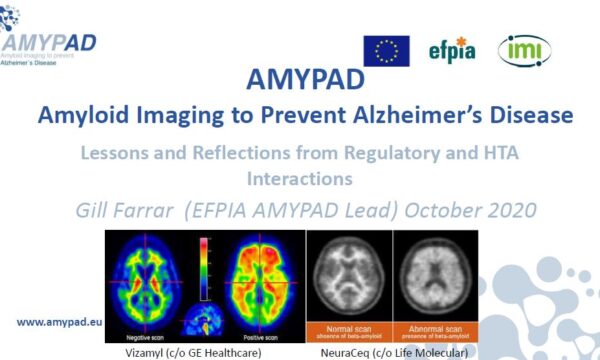Could you tell us about your work and your current role on AMYPAD?
I am a PhD candidate at the Barcelonaβeta Brain Research Center (BBRC), working in the area of early Alzheimer’s disease (AD) diagnostics and prevention, with a focus on risk factors. Specifically, my work specialises on studying lifestyle factors, especially regarding the underlying mechanisms between sleep, AD pathology and cognition in the preclinical stages of the disease.
I joined the AMYPAD project in 2020 at the WP4 (Risk stratification: Natural history and enrichment strategies) of the AMYPAD Prognostic and Natural History Study. Within the WP4, I am responsible for the harmonization as well as data analysis of non-neuroimaging variables, particularly neuropsychiatric and cognitive variables, as well as lifestyle data. My personal interest lies in investigating the relationship between sleep and Amyloid PET, while additionally exploring the association between sleep and structural neuroimaging outcomes and cognition.
What is your overall vision?
I strongly believe that Alzheimer’s disease should be approached from a multi-modal perspective, by using a combination of neuroimaging outcomes such as Amyloid-PET together with modifiable lifestyle factors and clinically relevant variables of cognitive performance. Furthermore, the longitudinal data is crucial for deepening our understanding of the mechanisms of disease progression.
Thus, the design and nature of projects like AMYPAD provide an opportunity for making compelling advancements to our knowledge of the disease and also bring hope for both researchers and patients in the development and implementation of potential prevention strategies.
What do you find most challenging about the AMYPAD project?
The multi-centric nature of the study may be seen as a double-edged sword. The huge amount of heterogeneous data coming from numerous sites brings substantial challenges for harmonizing distinctly measured variables of interest and creating congruent data sets. This is at the heart of the WP4 and other groups in AMYPAD, whereby experts in the field join forces in order to implement this data and prepare a homogenous data set that could serve a purpose for researchers to resolve the important questions around the disease.



